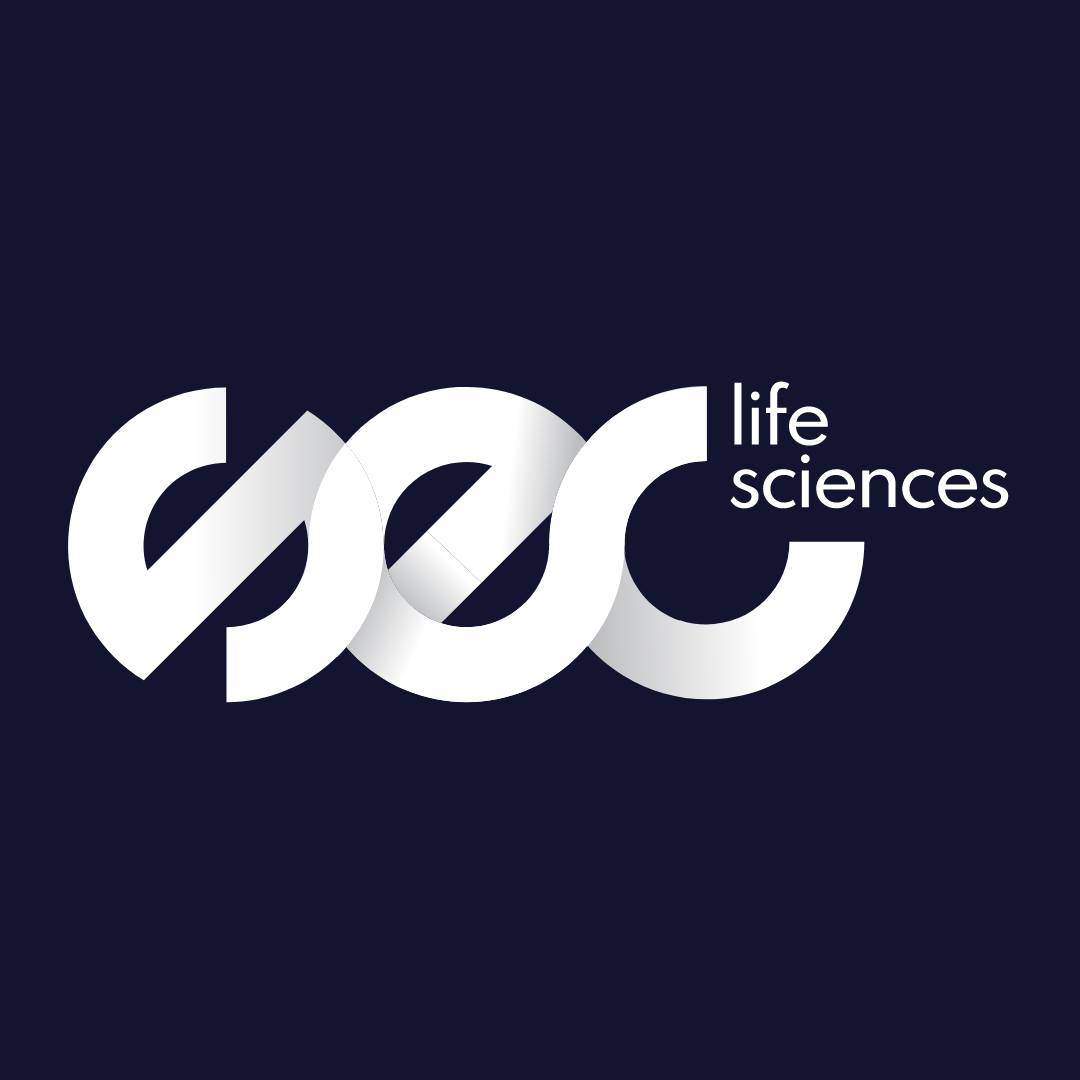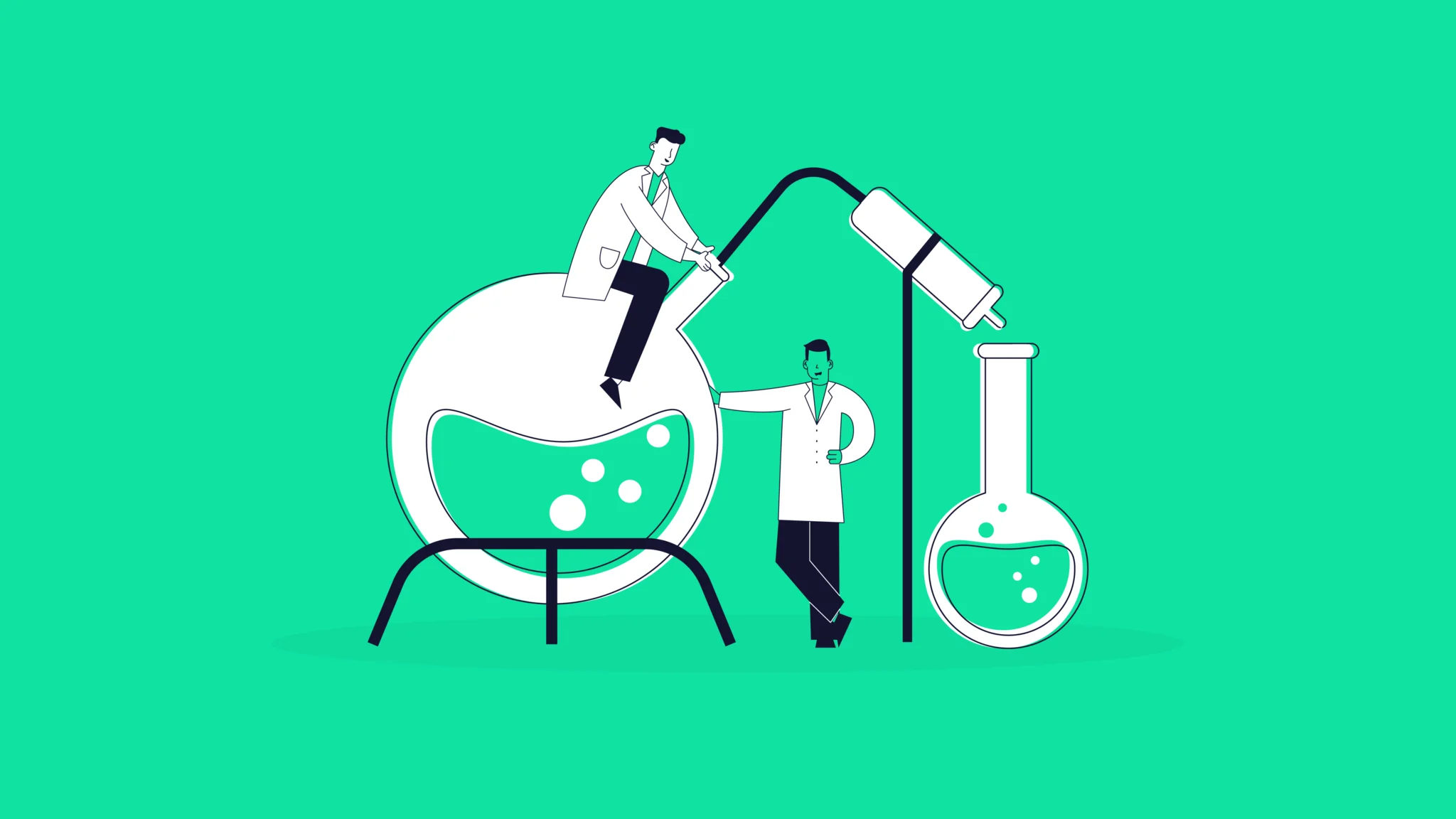
Latest News
Four biotech innovators transforming mental health care
22 Aug, 20224 MinutesA mental health crisis has sparked innovation from major names within the biotechnology indu...

A mental health crisis has sparked innovation from major names within the biotechnology industry, with several firms hitting the spotlight in the last few years as a result of cutting-edge research, contemporary methodology or innovative product application in the treatment of anxiety, depression, PTSD and other cognitive disorders.
A particularly flourishing branch of mental health treatment can be seen in the use of psychedelics, where early research and application is garnering promising results, the likes of which haven’t gone unnoticed by major life science firms and investors alike.
But the mental health market is massive, and it’s not only psychedelics drawing attention to the space. Wearables, diagnostics, artificial intelligence, and digital engagement platforms are all being explored with the intent to provide better outcomes for mental health patients. Here are four firms making waves in the sector.
Lobe Sciences
Lobe Sciences focus on the clinical development of medical devices and psychedelic medicines to treat neurological disorders and brain traumas, and have an impressive and diverse portfolio of 5 provisional patents – 3 for treatments that use psychedelic compounds and a further 2 for medical devices.
Last year the firm announced that it had expanded its patent portfolio through the filing of international patents in Canada, the United States, Europe and Australia. Lobe Sciences has filed patents pertaining to various methods, compositions, and devices aimed at treating conditions such as mild traumatic brain injury, post-traumatic stress disorder, and the co-occurrence of mild traumatic brain injury with post-traumatic stress disorder.
And in 2021 they announced a joint venture with Virtual Psychedelics Incorporated to develop digital therapeutic pods, set to be powered by a custom tech stack that combines display technology and biomonitoring to create a multi-sensory virtual experience.
"We believe this technology will be able to assist those suffering from depression, PTSD and other mental health issues. The KrysalisTM Pod is being designed as a therapeutic system capable of delivering an easy, immersive media experience, while simultaneously collecting critical biometric data in a safe and monitored environment."
Sage Therapeutics
Postpartum (or postnatal) depression (PPD) is believed to be the most common complication of childbirth, affecting roughly 1 in 10 people after delivering a child. Typically though, new mothers have had access to no treatments specifically designed to target the condition. Instead, they are prescribed antidepressant drugs that are approved for the general population, so it's not clear if they're safe or effective, and they don't always work.
Sage Therapeutics set out to change this, and their treatment ZULRESSO became the first FDA-approved treatment for the condition back in 2019, and remains the only treatment specifically indicated for postpartum depression. In studies, mothers undergoing the treatment after childbirth experienced a reduction in symptoms of PPD in just 2.5 days, with maintained results in mood measured at the 30-day mark too.
Sage, in collaboration with Biogen, are adding to their broader depression program by developing another product candidate, zuranolone (SAGE-217), which will be another potential treatment for PPD. However, this is still an investigational drug and has not been approved by any Health authority yet.
Neuronetics
Commonly prescribed treatments for clinical depression often come with the risk of adverse side effects, so many patients opt against traditional antidepressant drugs. Neuronetics provide an alternative with their product NeuroStar, a non-drug, non-invasive treatment that uses magnetic pulses to stimulate areas of the brain that are underactive in those suffering from depression.
An open-label trial into the product saw almost half of participants experience significant improvement in depression symptoms. Some also experienced an improvement in their anxiety, appetite, and energy levels.
The market-leading medtech firm has delivered over 2.8 million treatments to patients suffering from depression since their product hit the market in 2008, and in 2020 they were named as a Top 10 Neurology Device Provider by MedTech Outlook Magazine.
atai Life Sciences
Global biotech atai Life Sciences have only been in the mental health space since 2018, but are involved in almost a dozen ongoing efforts analysing the effect of various compounds on depression, anxiety, addiction, and other mental health disorders.
Many of the therapies under research by atai make use of psychedelic compounds, but since 2020 the company have also invested heavily in the digital health space, acquiring a majority stake in digital therapeutics firm Psyber and launched their own digital platform, IntroSpect.
The company hope to utilise the flexibility and power of technology to meet the need of patients on their own terms, and use digital biomarkers to make mental health treatments more refined, effective and individualised.



